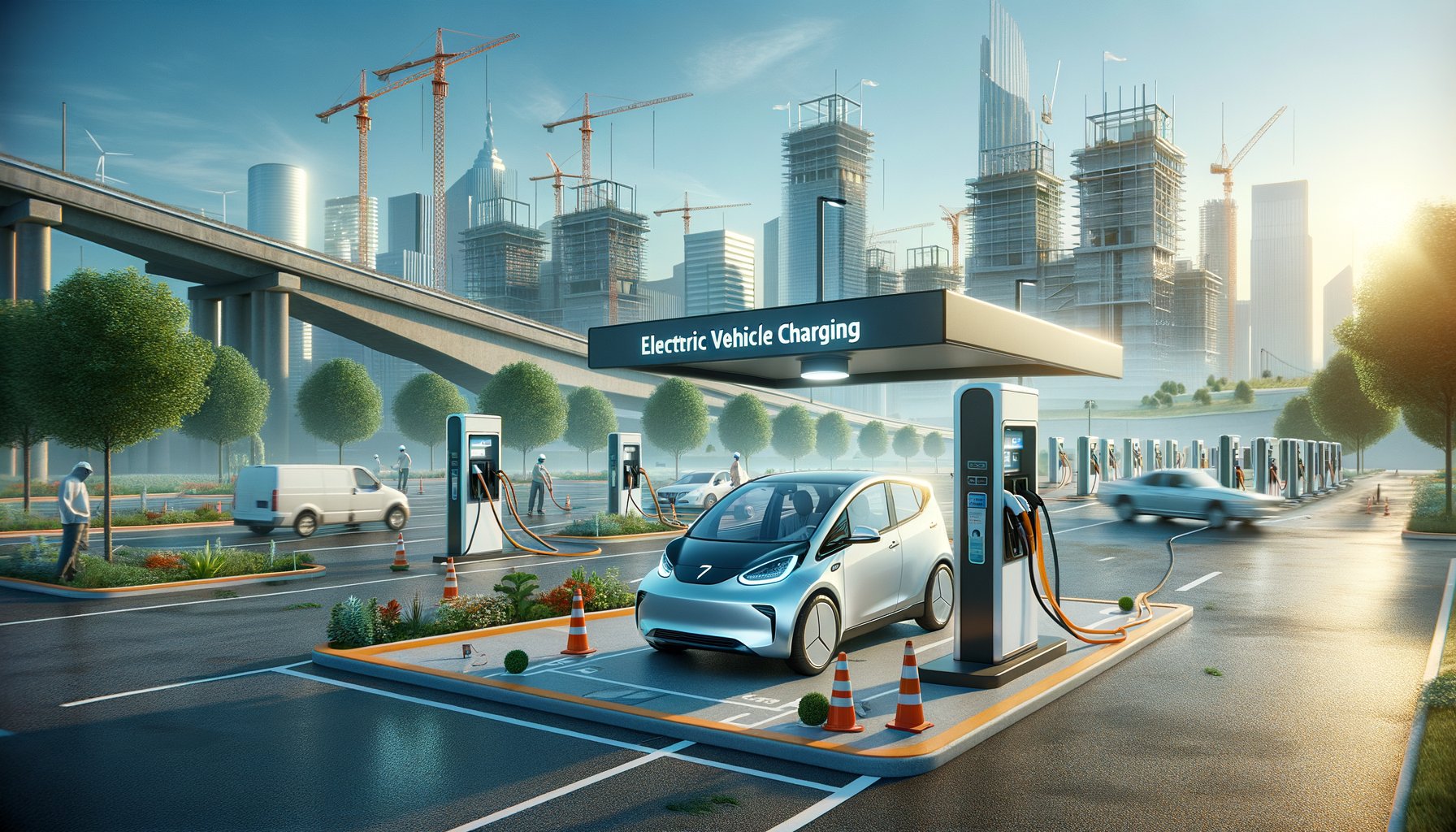Physical Address
304 North Cardinal St.
Dorchester Center, MA 02124
Physical Address
304 North Cardinal St.
Dorchester Center, MA 02124

The rise of electric vehicles (EVs) represents a significant shift in the automotive industry. As we move away from fossil fuels and towards more sustainable forms of transport, EVs are set to play a crucial role in this transition. However, as with any new technology, there are challenges that need to be overcome – one of the most pressing being the development of efficient and accessible charging infrastructure.
At present, many potential EV buyers are deterred by what is known as ‘range anxiety’ – the fear that their vehicle will run out of charge before reaching a charging station. This concern is not unfounded. Despite significant advancements in battery technology, the availability and convenience of charging stations lag behind those for traditional petrol stations.
In Australia, for instance, while there has been a steady growth in public charging points over the past few years, they still remain sparse compared to other countries with more mature EV markets like Norway or China. Moreover, these stations often have limited fast-charging options which can extend charging times significantly.
Addressing these issues requires concerted efforts from various stakeholders – including government bodies, energy providers, car manufacturers and urban planners. Here are some strategies that could help overcome these hurdles:
Public investment can play a vital role in expanding the network of charging stations. Government incentives and subsidies can encourage private companies to invest in building more public chargers across urban areas and along major highways.
A large portion of EV charging occurs at home. Therefore, promoting home charging solutions can help alleviate some of the pressure on public charging infrastructure. This could include offering incentives for the installation of home chargers or developing smart grid technologies that allow for more efficient energy usage.
Fast-charging networks are crucial to making long-distance EV travel feasible. By reducing charging times to as little as 20-30 minutes, these networks can make EVs a viable option for those who frequently undertake longer journeys.
Technology will undoubtedly play a significant role in addressing these infrastructure challenges. From battery improvements and wireless charging to smart grids and vehicle-to-grid (V2G) systems, technological advancements offer promising solutions.
Improvements in battery technology not only extend the range of EVs but also reduce the frequency of charges required, thereby lessening the demand on charging infrastructure. Advances such as solid-state batteries promise higher energy density and faster charge times compared to current lithium-ion batteries.
Wireless charging technology could provide a convenient solution for both home and public charging. By eliminating the need for physical connectors, wireless chargers can potentially accelerate the adoption of EVs by making the process simpler and more user-friendly.
A smarter power grid that can manage electricity demand efficiently is essential for supporting widespread EV adoption. Furthermore, V2G systems which allow EVs to feed excess power back into the grid during peak times can also help balance load demands on the power grid.
The road to widespread electric vehicle adoption is fraught with challenges, particularly in terms of developing a robust charging infrastructure. However, with the right strategies and technological advancements, these hurdles can be overcome. As we continue to push towards a more sustainable future, it’s clear that electric vehicles will play an instrumental role in this journey.